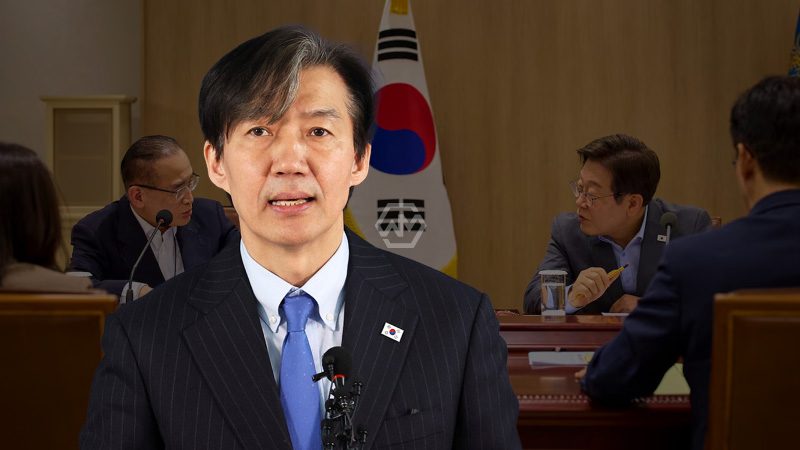- President Lee grants high-profile pardon to ex-Justice Minister Cho Kuk.
- Decision restores Cho’s eligibility for the 2026 local elections.
- Critics warn move could deepen political and public divisions.
President Lee Jae Myung has issued a Liberation Day pardon for former Justice Minister Cho Kuk, ending his prison term early and restoring his right to run for public office.
The pardon, which forms part of a mass amnesty covering 2,188 individuals, has ignited strong political reactions. Supporters frame the move as an act of unity, pointing to Cho’s influence within smaller liberal parties that back Lee’s administration.
Pardon Politics: How Cho Kuk’s Return Could Shift South Korea’s Power Balance
Cho Kuk’s release marks the end of a turbulent chapter that began with his 2019 appointment as justice minister. His brief 35-day tenure collapsed under mounting accusations of corruption, fueling one of South Korea’s most contentious political scandals. Despite his downfall, Cho retained a loyal support base among progressive voters who saw him as a champion of prosecutorial reform.
The political implications are significant. With his eligibility restored, Cho could re-enter the political stage as early as the 2026 local elections, possibly forging alliances with smaller liberal factions to counter conservative momentum. His Rebuilding Korea Party, though minor in size, played a pivotal role in consolidating liberal influence in the last parliamentary elections.
For President Lee, the pardon serves a dual purpose: consolidating liberal alliances and projecting an image of magnanimity. However, early polling suggests the move may have cost him political capital, with approval ratings dipping since the pardon issue became public. This indicates that the gesture of unity may be overshadowed by public skepticism.
Opponents warn that reinstating a figure convicted of academic fraud risks further damaging public trust in political institutions. Given South Korea’s deep-rooted emphasis on educational achievement, Cho’s offenses struck a cultural nerve that transcends partisan divides. The pardon could, therefore, prove to be a polarizing gamble ahead of future elections.
Cho Kuk’s pardon is more than a legal decision—it’s a calculated political move that could redefine alliances while testing public patience with political rehabilitation.
“In politics, forgiveness is less about the past and more about what the future demands.” — Adapted from a common political maxim.



